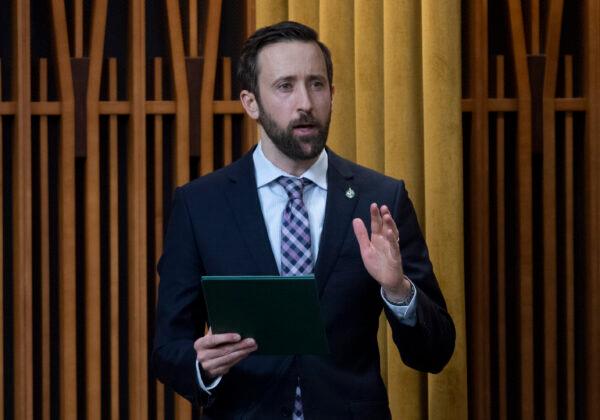As COVID-19 cases rise and hospitals in many parts of the country face rapid increases in patients, there are concerns about the ability of the health-care system to cope with the influx and still deliver a certain quality of care.
In the third week of November, the situation in Ontario’s hospitals reached a critical point, with 150 patients in the province’s intensive care units. That number crossed a threshold that the government had indicated could lead to cancelled surgeries.





